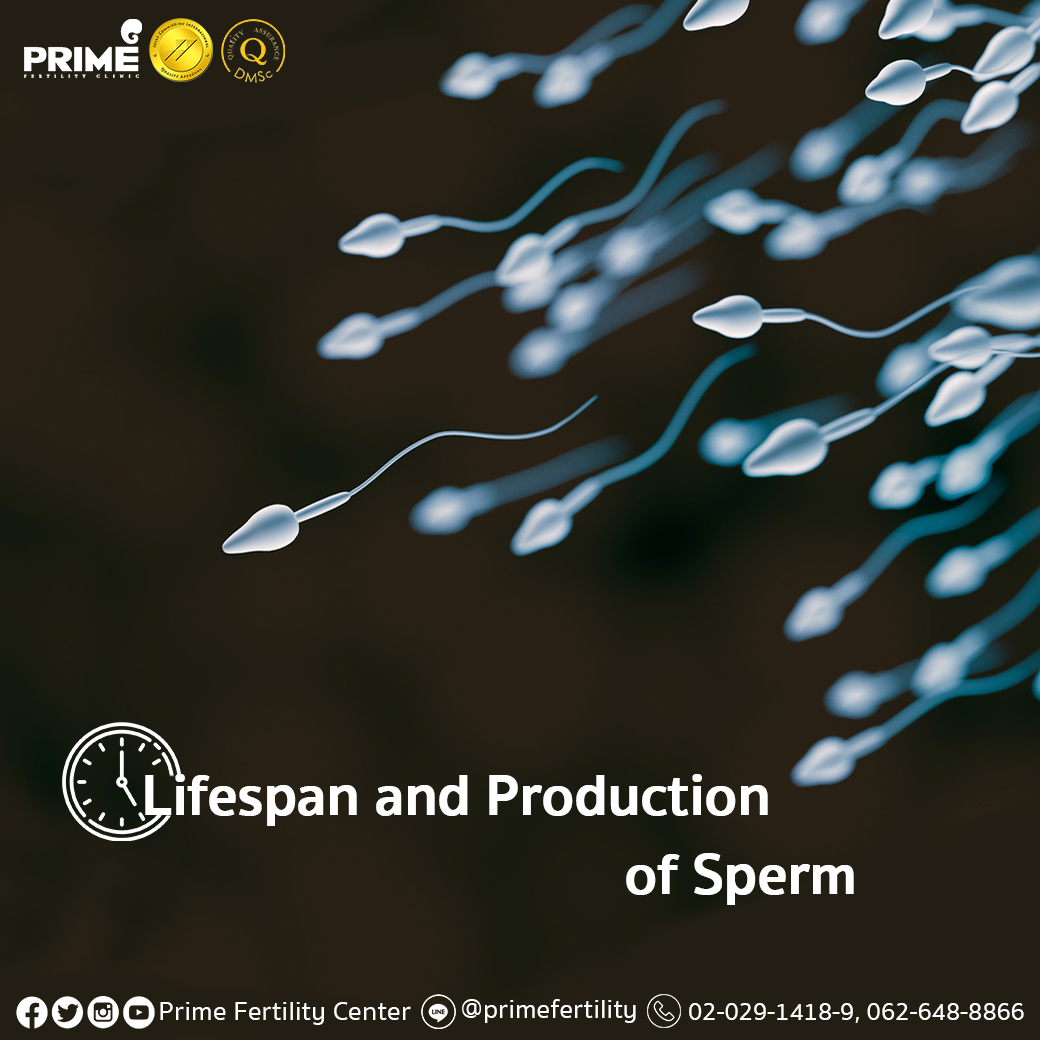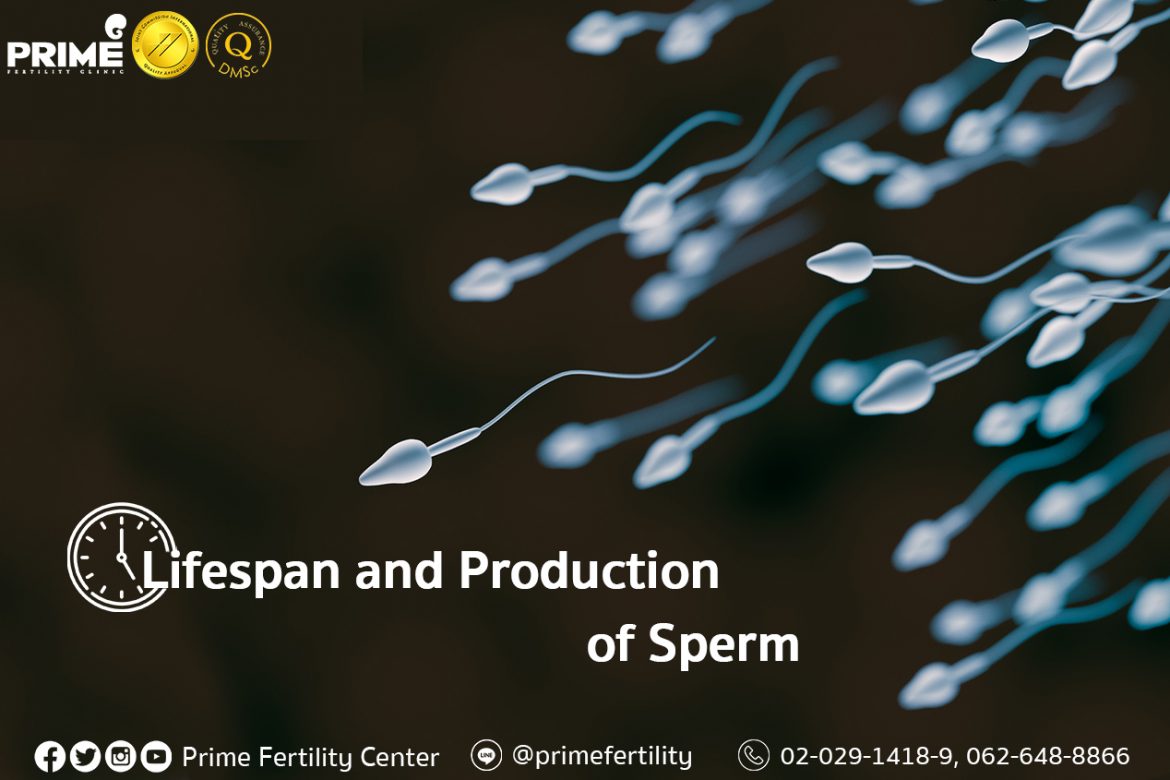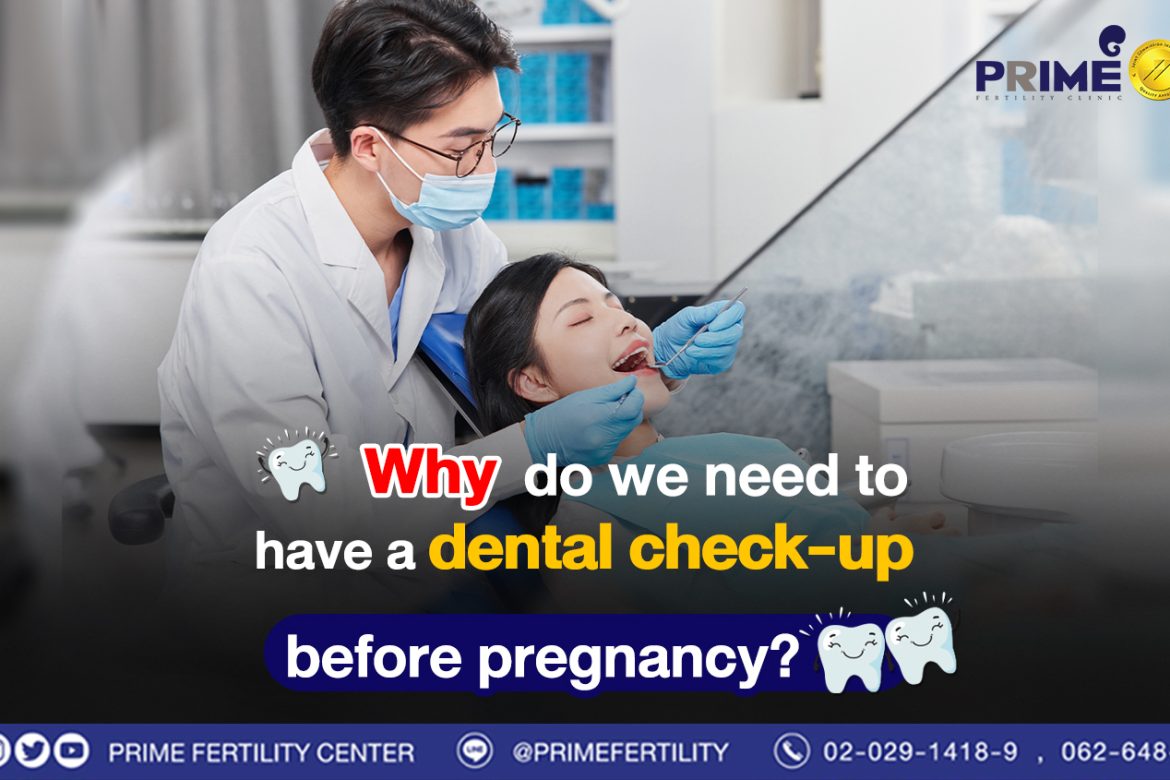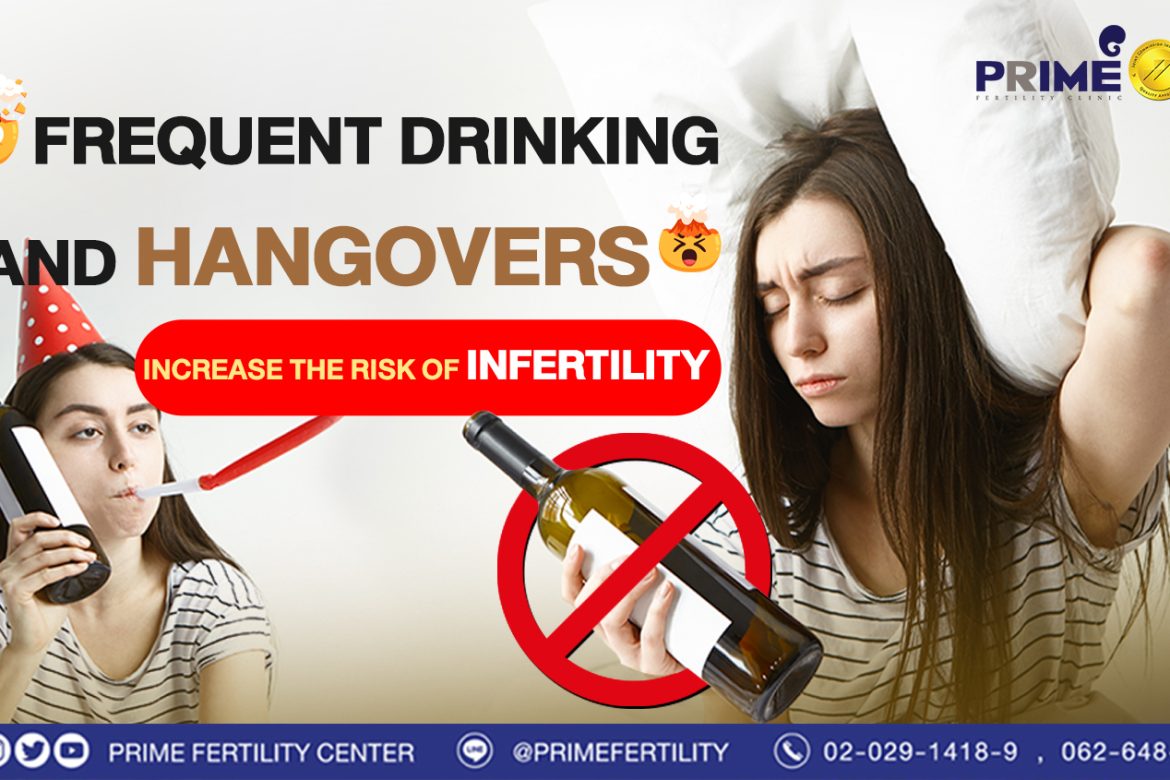Frequent drinking and hangovers increase the risk of infertility
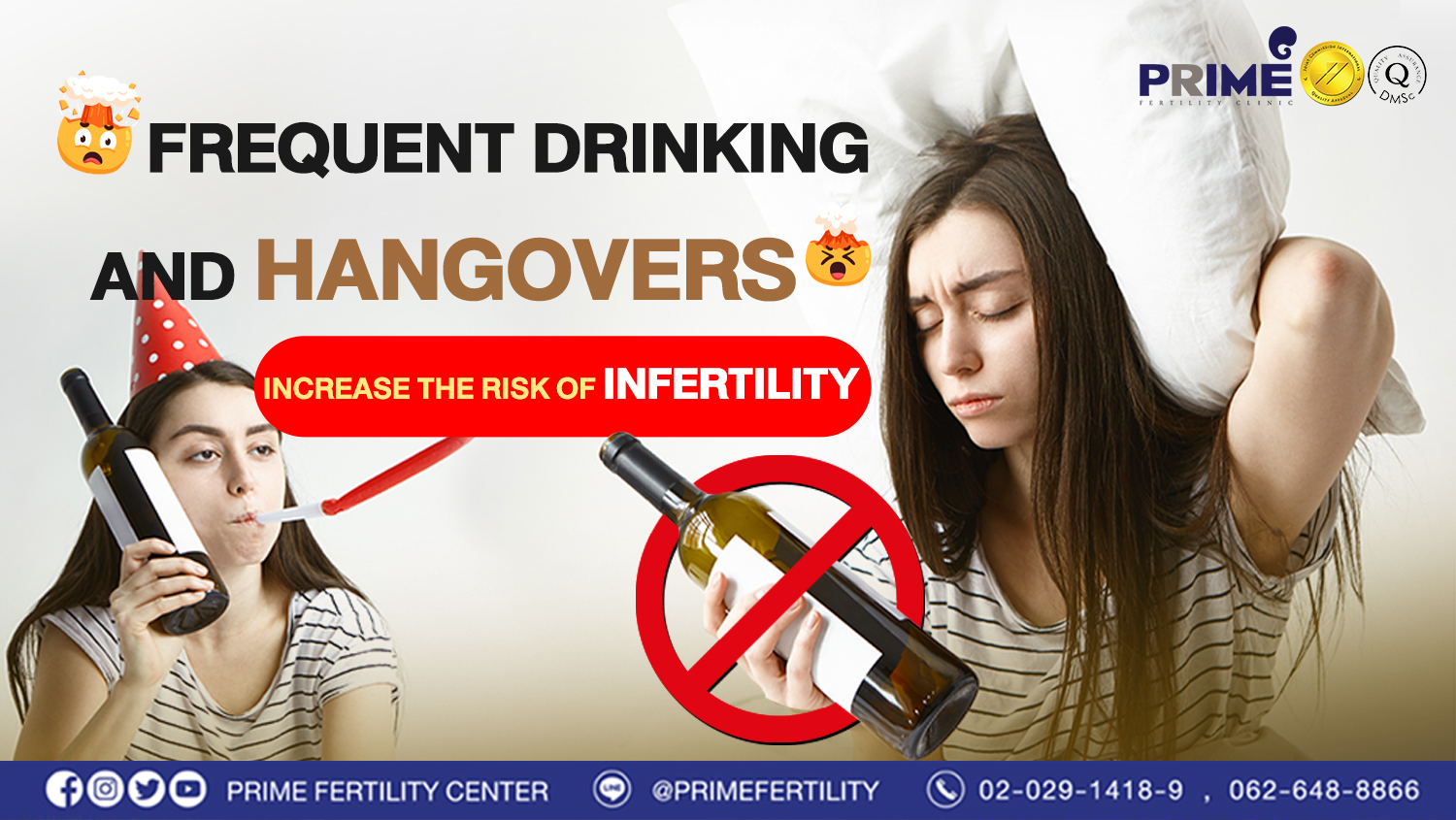
Frequent drinking and hangovers increase the risk of infertility
Frequent parties and hangovers can directly and indirectly affect your health, especially for those who are already planning to have children. This makes it even more difficult to have children!
Because frequent and large amounts of alcoholic beverages cause the hormones in the body to function abnormally.
What are the effects of drinking alcohol and hangovers?
In men > Abnormal testosterone production results in the body producing less sperm, poor quality sperm, and reduced fertilization ability.
In women > Abnormalities in the pituitary glands hormone system and hormones that control ovarian function result in no ovulation, abnormal uterine lining, and increased chances of premature birth or miscarriage.
It also reduces the absorption of vitamins and minerals, increasing the risk of malnutrition such as magnesium and potassium. It also comes with negative effects from a “hangover” such as insufficient sleep, restless sleep, headaches, dizziness, vomiting, dehydration, fatigue, etc. These are indirect negative effects that affect the body.
Therefore, drinking excessive amounts of liquor, beer, wine, or other alcoholic beverages is a cause of infertility and reduces the chances of having children by up to 50%.
If anyone is planning a pregnancy and still has problems controlling their alcohol consumption, you may need to consider consulting a mental health professional or medical professional to find a treatment plan.
Prime Fertility Center does not only provide infertility treatment. What Prime Fertility Center aims for and continuously develops is to provide services to customers with care, consultation, care, and concern for all your feelings, like family members. Because we understand the feelings, pressure, and stress of those who cannot successfully conceive, the clinic intends to provide warmth and full convenience to those who receive services, with determination and care from a team of expert doctors, embryologists, and a team with extensive experience in providing comprehensive care and consultation.
Should you be interested in getting infertility consultation, please contact us.
Prime Fertility Center
Tel. : 062-648-6688 / 062-648-8866 / 02-029-1418–9
Line : @primefertility
Facebook : Prime Fertility Center
E-mail : info@primefertilitycenter.com





